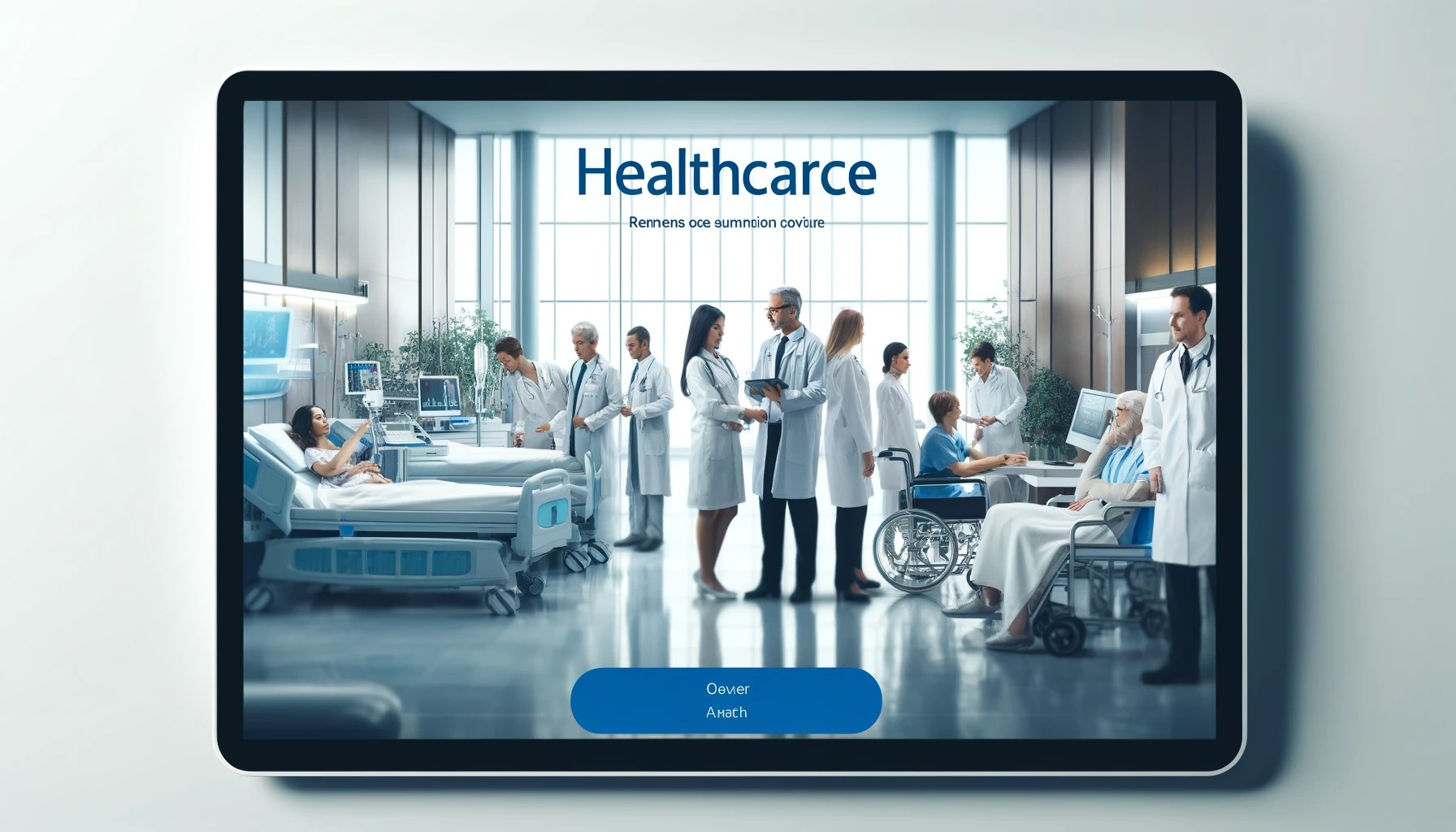FAQ
- Home
- FAQ
- Dynamic CDN Acceleration
- 13. Industry Applications|Healthcare
13. Industry Applications|Healthcare

In today's rapidly advancing digital healthcare industry, CDN (Content Delivery Network) technology is becoming increasingly indispensable, especially in enhancing the efficiency of telemedicine services, protecting sensitive data transmission, and managing large-scale medical imaging. This article will delve into the applications and importance of CDN in the healthcare industry.
With the widespread adoption of telemedicine, fast and stable data transmission has become a critical requirement. CDN, by deploying numerous dispersed servers globally, can effectively shorten data transmission paths and reduce latency. This is particularly important for scenarios such as real-time medical consultations, remote surgical guidance, and live health monitoring, ensuring the continuity and reliability of healthcare services.
In the healthcare industry, safeguarding patients' sensitive data is one of the most critical legal and ethical responsibilities. CDN provides encrypted transmission and enhanced security measures, such as SSL encryption, to ensure the security and privacy of data during transmission. Additionally, CDN's security defense mechanisms effectively mitigate network threats such as DDoS attacks, safeguarding the integrity of sensitive medical information.
Medical imaging, such as X-rays, CT scans, and MRI scans, typically have high resolution and large file sizes, imposing high demands on storage and transmission. CDN, through its efficient caching mechanism, enables quick access and transmission of these large-scale medical images. Whether healthcare professionals or patients are located anywhere, they can access imaging data in real-time, significantly enhancing the efficiency of diagnosis and treatment.
With the advancement of technology and the increasing demand for healthcare, the role of CDN in the healthcare industry is becoming increasingly important. It not only enhances the efficiency of telemedicine services and ensures the secure transmission of sensitive data but also effectively manages access to large-scale medical imaging. In the future, as more advanced technologies converge, CDN will continue to play a key role in improving the quality and accessibility of global healthcare services.
Enhancing Telemedicine Service Efficiency
With the widespread adoption of telemedicine, fast and stable data transmission has become a critical requirement. CDN, by deploying numerous dispersed servers globally, can effectively shorten data transmission paths and reduce latency. This is particularly important for scenarios such as real-time medical consultations, remote surgical guidance, and live health monitoring, ensuring the continuity and reliability of healthcare services.
Protecting Sensitive Data Transmission
In the healthcare industry, safeguarding patients' sensitive data is one of the most critical legal and ethical responsibilities. CDN provides encrypted transmission and enhanced security measures, such as SSL encryption, to ensure the security and privacy of data during transmission. Additionally, CDN's security defense mechanisms effectively mitigate network threats such as DDoS attacks, safeguarding the integrity of sensitive medical information.
Managing Large-Scale Medical Imaging
Medical imaging, such as X-rays, CT scans, and MRI scans, typically have high resolution and large file sizes, imposing high demands on storage and transmission. CDN, through its efficient caching mechanism, enables quick access and transmission of these large-scale medical images. Whether healthcare professionals or patients are located anywhere, they can access imaging data in real-time, significantly enhancing the efficiency of diagnosis and treatment.
Conclusion
With the advancement of technology and the increasing demand for healthcare, the role of CDN in the healthcare industry is becoming increasingly important. It not only enhances the efficiency of telemedicine services and ensures the secure transmission of sensitive data but also effectively manages access to large-scale medical imaging. In the future, as more advanced technologies converge, CDN will continue to play a key role in improving the quality and accessibility of global healthcare services.FAQ Classification
Related FAQ
- 1. What is Dynamic CDN Acceleration?
- 2. Operational Mechanism of Dynamic CDN Acceleration
- 3. Improvement of Website Speed & Reliability
- 4. Handling High Traffic
- 5. Measuring and Optimizing
- 6. Service Advantages of Core Winner
- 7. Comprehensive Support of Core Winner
- 8. Industry Applications|E-commerce
- 9. Industry Applications|Finance
- 10. Industry Applications|Social Network
